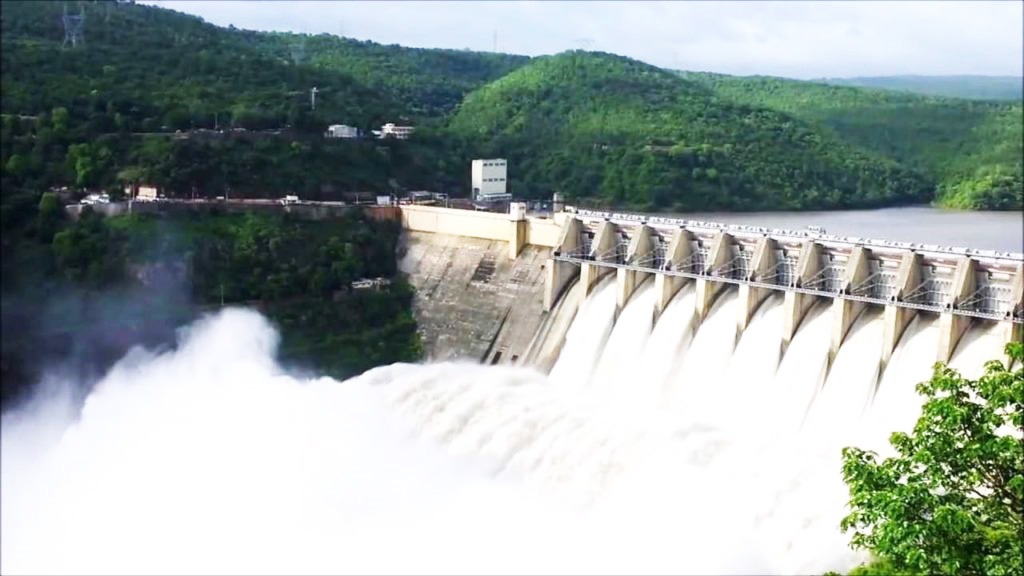From March 1 to March 3, 2022, Islamabad hosted the 117th meeting of the India-Pakistan Permanent Indus Commission (PIC). The Indus Waters Treaty (IWT) of 1960 mandates that the yearly conference be held alternately in Pakistan and India.
On March 3, 2022, Pakistani and Indian Indus Waters Commissioners ended three days of discussions on disputed projects and other water-related problems.
In contrast to the Indian delegation led by PK Saxena, the Pakistani delegation included Meher Ali Shah, Pakistan’s Commissioner for Indus Waters, as well as representatives from WAPDA, the Pakistan Met Department, Punjab Irrigation, NESPAK, MoFA, the Flood Commission, and the PCIW itself.
Meher Ali Shah, Pakistan’s Commissioner for Indus Waters, led the Pakistani delegation. In the meeting, Pakistan’s views on new Indian hydropower facilities were the principal topic of discussion. Another crucial issue discussed was the Indian side’s willingness to share flood information.
The following items were on the agenda for the meetings:
(i) completion and signing of the 116th PICM Record;
(ii) discussion of Pakistan’s objections to the Tamasha HEP, Kalaroos-Il HEP, Baltikulan Small HEP, Durbuk Shyok HEP, Nimu Chilling HEP, Kiru HEP, Kargil Hunderman HEP, Phagla HEP, Kulan Ramwari HEP, and Mand
Pakistan has expressed its reservations about the design of hydropower projects and other issues, according to the sources quoted by the New York Times.
When it came to the projects in held Kashmir, Pakistan was looking for precise answers to the issues it had. Sources claim that the Indian team has pledged to respond to Pakistan’s questions.
Visit of Indian Indus Commissioner completes Treaty implementation, according to the Ministry of Water Resources.
Pakistan and India’s water-related concerns were reportedly discussed in the meeting.
On the Kiru Hydroelectric Project (HEP) located upstream the Chenab River and India’s new run-of-the-river modest hydroelectric projects on the Western rivers, Pakistan restated its concerns. India also has to respond to Pakistan’s concerns over Indian projects like Pakal Dul and Lower Kalnai. Additionally, the Indian side was requested to follow the terms of the Treaty and the established practise dating back to 1989 to provide advance flood flow information.


